
Predator Spyware Resurfaces with Advanced Features, Increased Anonymity
Cybersecurity News
Paikan Begzad
09 September 2024
28 June 2024
|
Zaker Adham
Summary
Summary
HANGZHOU, China — The true potential of artificial intelligence lies in the protection of user data, according to George Zhao, CEO of Chinese smartphone manufacturer Honor. In an exclusive interview with CNBC on Thursday, Zhao stressed that without ensuring data privacy, AI's capabilities are meaningless.
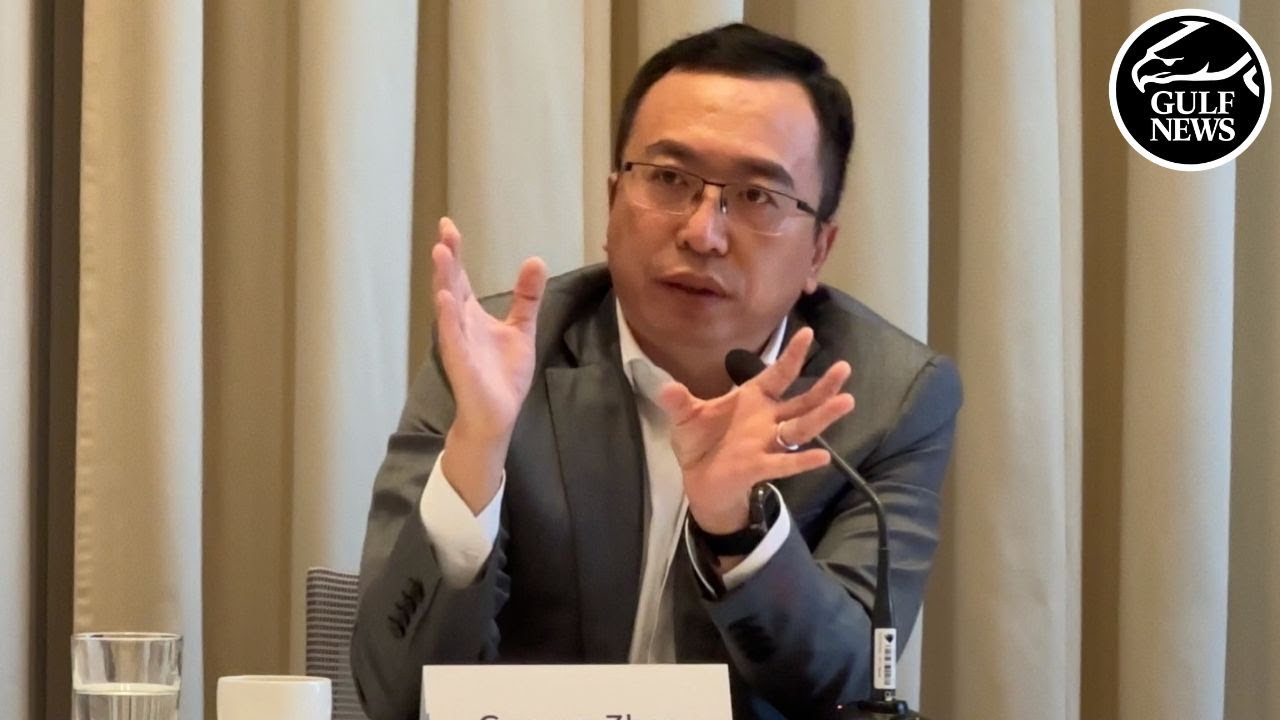
This statement comes in the wake of Apple's recent announcement to introduce personalized AI tools on select U.S. devices starting this fall.
Honor has already integrated various AI functions, such as opening text messages and notifications through eye-tracking and linking apps directly to navigation or ride-hailing services, bypassing the need for copy-paste actions.

At the Mobile World Congress in Shanghai this week, Honor introduced new AI tools designed to detect deepfakes in videos and simulate lenses to reduce myopia during prolonged screen use.

Zhao highlighted that Honor prioritizes keeping AI operations involving personal data confined to the device, known as on-device AI, rather than relying on cloud computing. "Without data security and user privacy protection, AI will become worthless," Zhao stated in Mandarin, translated by CNBC. "This has always been one of our core values."

"We ensure user data doesn’t leave the device," Zhao added. "This is a principle we adhere to."
Apple's AI product, Apple Intelligence, claims to use on-device processing while employing "server-based models" for more complex tasks, assuring that its "Private Cloud Compute" never stores user data.
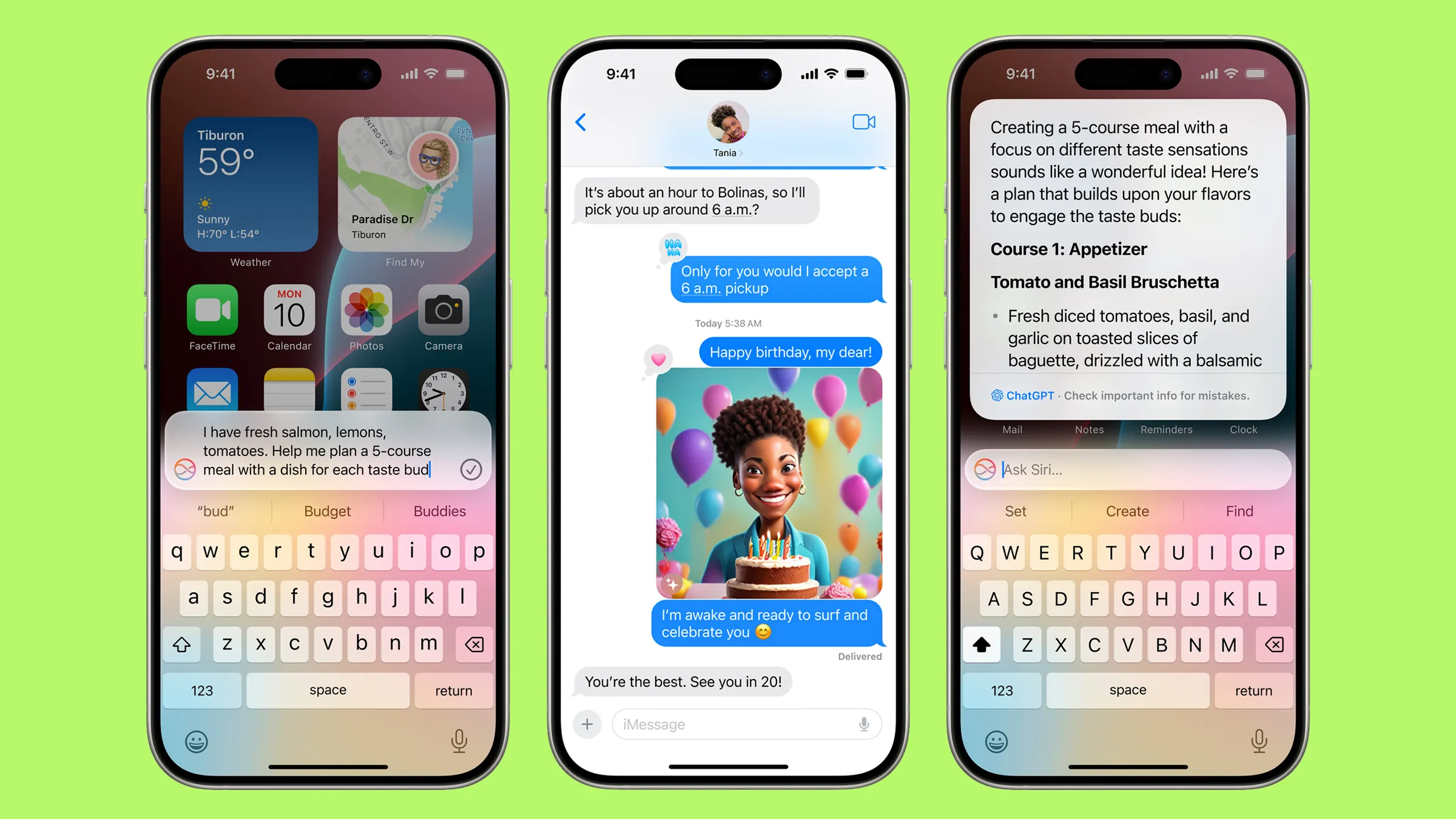
Honor's on-device AI is self-developed, and the company collaborates with Baidu and Google Cloud for certain AI features.
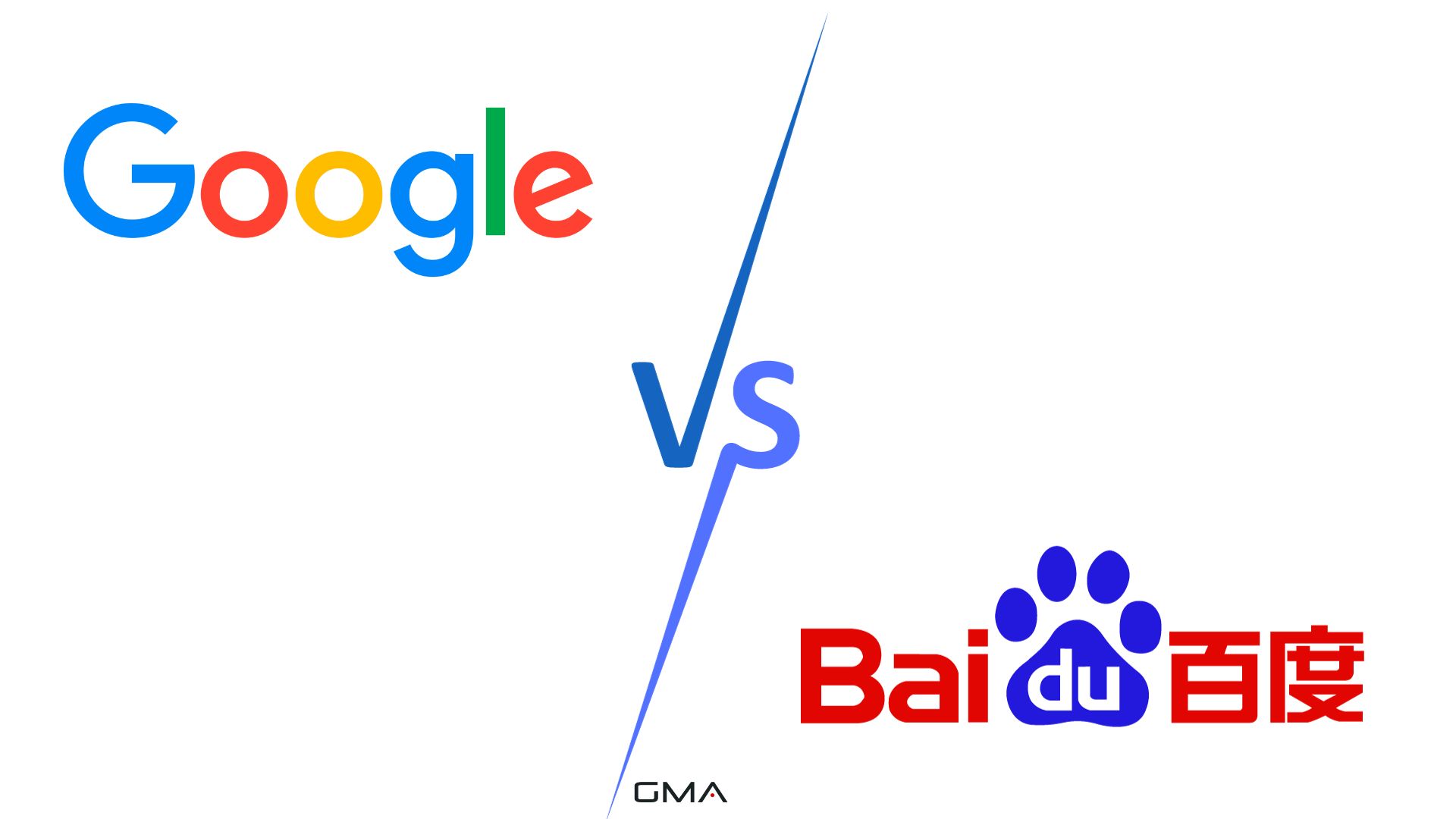
"Overall, AI development has taken two paths," Zhao noted. "Network [cloud] AI has become increasingly powerful. However, I believe on-device AI will become more intimate and understanding, offering greater support to consumers."
Zhao acknowledged that many generative AI applications, like OpenAI's ChatGPT, require substantial computing power beyond what a smartphone battery can provide, necessitating cloud usage and raising concerns about data transfer security.
Balancing AI's capabilities with energy consumption and data privacy presents a "huge challenge" for manufacturers, Zhao said.
He pointed out that a system collecting extensive user data to offer personalized features can overshadow the individual user. "In the future of smartphone development, our goal is to empower individuals," Zhao said. "Mobile devices should enhance and enable individuals."
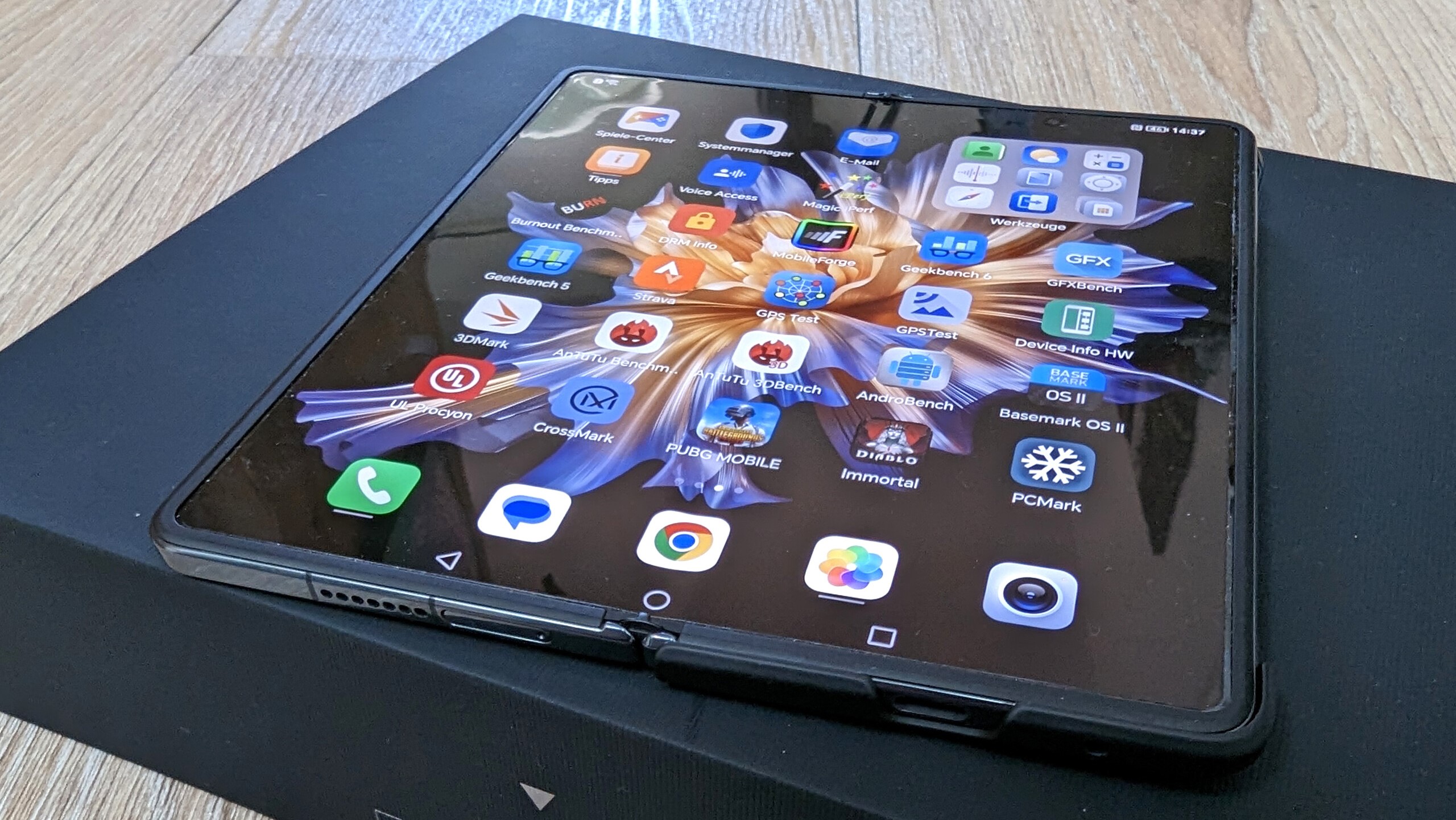
Honor's Magic V2 folding phone, launched in China last summer and in Europe earlier this year, won the "Best Smartphone in Asia Award" at the Shanghai MWC this week. The Magic V2 is nearly as thin as an iPhone when folded.
Honor plans to release the Magic V3 in July, featuring the company’s latest AI functions. When asked if the new foldable would be even thinner, Zhao replied, "Of course, we need to challenge ourselves, right?"

Cybersecurity News
Paikan Begzad
09 September 2024

Cybersecurity News
Paikan Begzad
08 September 2024

Cybersecurity News
Zaker Adham
16 August 2024
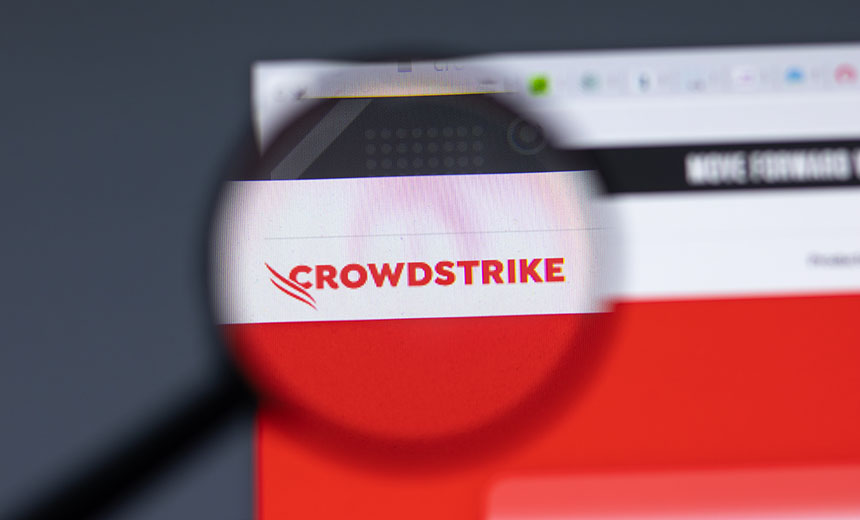
Cybersecurity News
Zaker Adham
23 July 2024